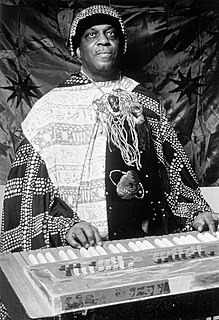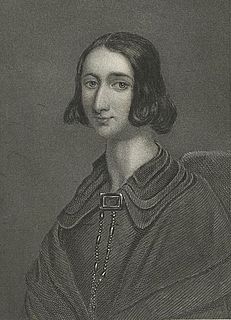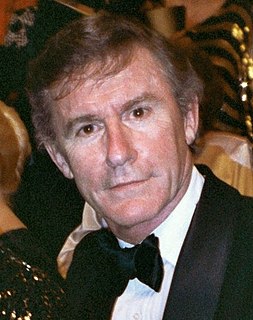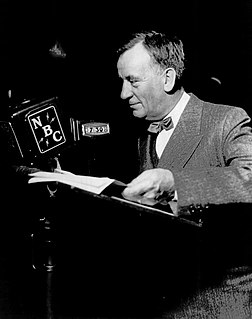A Quote by Mahatma Gandhi
Man lives freely only by his readiness to die, if need be, at the hands of his brother, never by killing him.
Related Quotes
[Man] is the only animal who lives outside of himself, whose drive is in external things—property, houses, money, concepts of power. He lives in his cities and his factories, in his business and job and art. But having projected himself into these external complexities, he is them. His house, his automobile are a part of him and a large part of him. This is beautifully demonstrated by a thing doctors know—that when a man loses his possessions a very common result is sexual impotence.
Man is the only animal that deals in that atrocity of atrocities War. He is the only one that gathers his brethren about him and goes forth in cold blood and calm pulse to exterminate his kind. He is the only animal that for sordid wages will march out... and help to slaughter strangers of his own species who have done him no harm and with whom he has no quarrel.... And in the intervals between campaigns he washes the blood off his hands and works for the universal brotherhood of man with his mouth.
Beware the beast Man, for he is the Devil's pawn. Alone among God's primates, he kills for sport or lust or greed. Yea, he will murder his brother to possess his brother's land. Let him not breed in great numbers, for he will make a desert of his home and yours. Shun him; drive him back into his jungle lair, for he is the harbinger of death.
Miserable is the man who loves a woman and takes her for his wife, pouring at her feet the sweat of his skin and the blood of his body and the life of his heart, and placing her in the hands of the fruit of his toil and the revenue of his diligence; for when he slowly wakes up, he finds that the heart that he endeavored to buy is given away freely and in sincerity to another man for the enjoyment of its hidden secrets and deepest love.
Who does his task from day to day and meets whatever comes his way, Believing God has willed it so, has found real greatness here below. Who guards his post, no matter where, believing God must need him there, Although but lowly toil it be, has risen to nobility. For great and low there's just one test, 'tis that each man shall do his best, Who works with all the strength he can, shall never die in debt to man.
To no man does the earth mean so much as to the soldier. When he presses himself down upon her long and powerfully, when he buries his face and his limbs deep in her from the fear of death by shell-fire, then she is his only friend, his brother, his mother; he stifles his terror and his cries in her silence and her security; she shelters him and releases him for ten seconds to live, to run, ten seconds of life; receives him again and again and often forever.
My father had put these things on the table. I looked at him standing by the sink. He was washing his hands, splashing water on his face. My mamma left us. My brother, too. And now my feckless, reckless uncle had as well. My pa stayed, though. My pa always stayed. I looked at him. And saw the sweat stains on his shirt. And his big, scarred hands. And his dirty, weary face. I remembered how, lying in my bed a few nights before, I had looked forward to showing him my uncle's money. To telling him I was leaving. And I was so ashamed.








































